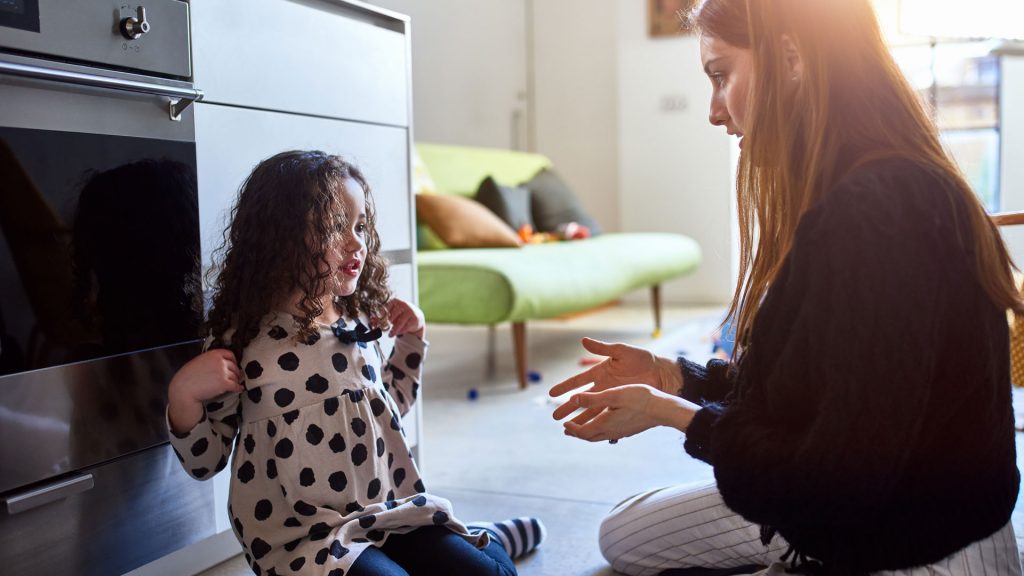
The current events in Ukraine have not left children unscathed. The war triggered by Russia’s leader Putin is on everyone’s lips and can cause worries and fears. It is all the more important to pick up our children with these feelings and to teach them the opposite side of war: Help and solidarity. Learn how to talk to children about welcoming refugees and what to look for in the process
Understand
First and foremost, it is important to understand what or rather who the “refugees” are in the first place, why they are fleeing their country and what they are seeking protection from.
In the case of Ukraine, war is the cause of flight. Many people fear for their lives or the lives of their loved ones. Often there is not enough to eat and drink and whole towns are destroyed. Therefore, some of them try to find shelter and protection in the surrounding countries.
Sensitize
We all want a home where we feel safe and secure. People who flee from Ukraine have most likely lost theirs. It is therefore important to raise children’s awareness of the suffering they go through and the importance of offering them a place to stay, if that is possible. When doing so, try to choose the right words and not to describe frightening scenarios to the children that could trigger fear.
Listen & Observe
It is important to talk to children about the topic of war and refugees – but always in an age-appropriate way and with simple words. We are all individual: while one child is very worried about the topic of war and feels that adults have been dealing with it more and more lately, the other child plays unselfconsciously in the room. Therefore: observe, listen to questions and respond to feelings.
Calm
War should never be glossed over, but neither should it cause unnecessary fear. When refugees move into their own homes, this should not be a cause for worry or even anxiety among children. Children need security, and daily routines give them that. Even if the new roommates bring a breath of fresh air into the house or apartment, the daily routine of children should not be influenced too much. Home is a sheltered place at best, and it should stay that way.



